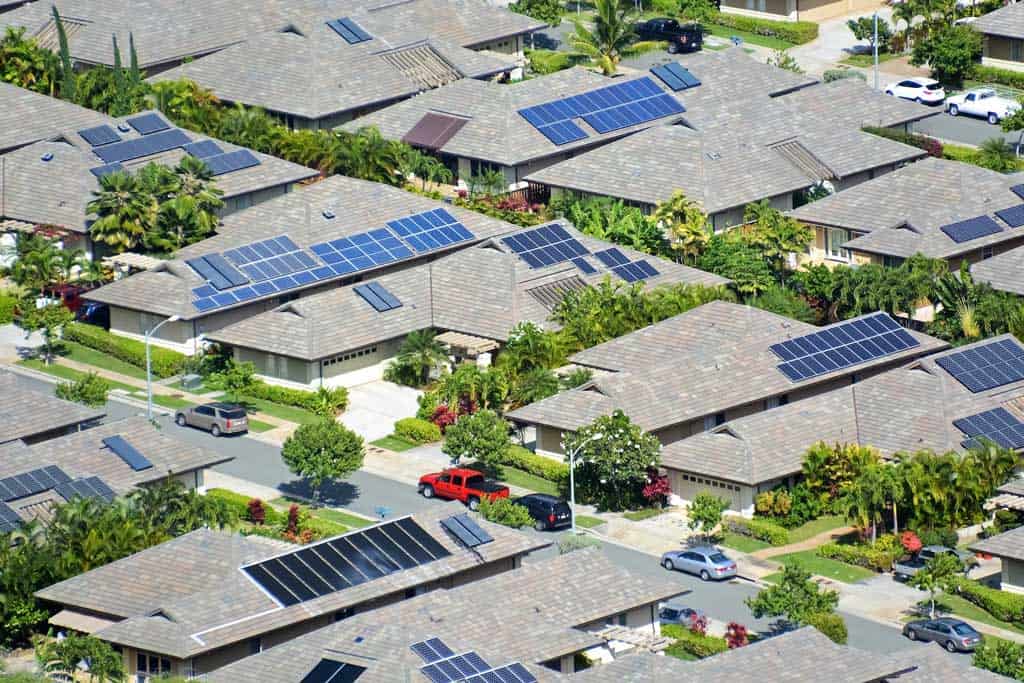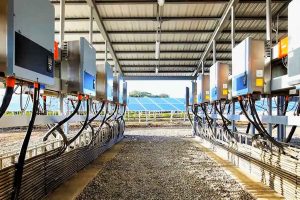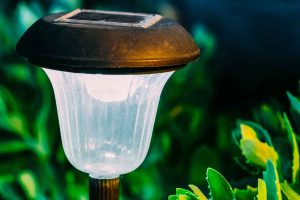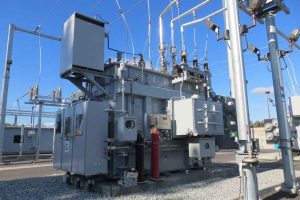Could the sun’s energy to the Earth for one hour meet the global energy needs for one year? The advantages and disadvantages of solar panels for your home of this renewable resource.
Remember a few things to remember before installing solar panels on your home. One is that solar panels need to reside in an area with a lot of sunlight. Another is that solar panels can be expensive, so you’ll need to get quotes from several companies before you make a decision.
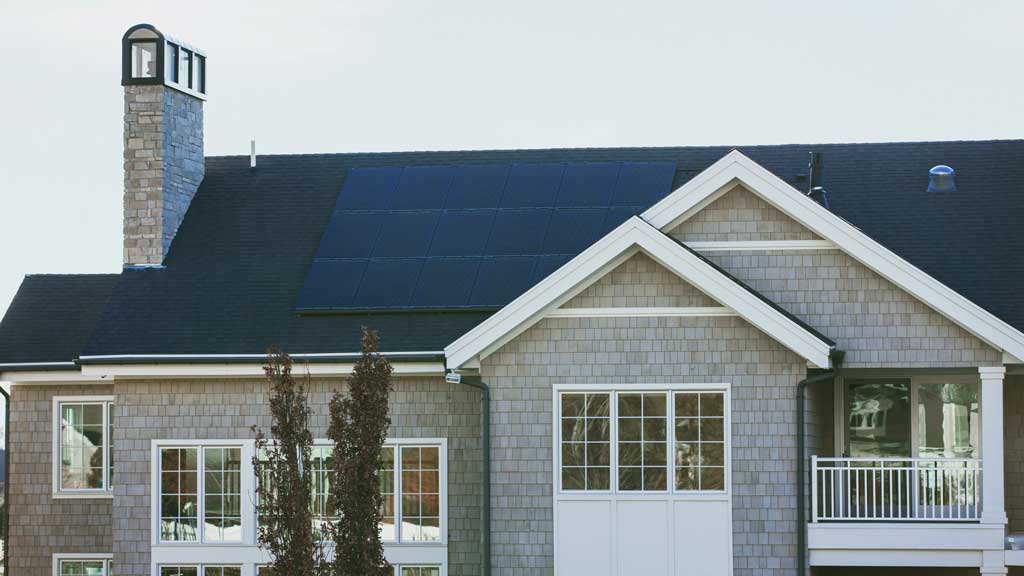
Renewable energy sources such as solar power are among the most popular. Solar panels generate electricity by converting sunlight. They are often used in residential and commercial settings to supplement or replace traditional grid-based power. Learn advantages and disadvantages of solar panels for your home.
Solar panels have advantages
- Electricity consumption decreases
- Applications of varying types
- Easy to maintain
- Advancement of technology
Solar panels also have disadvantages
- Based on the weather
- Solar panel prices
- It is expensive to store solar energy
- Uses a Lot of Space
Solar panels: What Is Their Function?
Solar panels are devices that convert sunlight into electricity. They resemble “solar” panels because, most of the time, the sun’s energy helps generate electricity. Solar panels can provide power to power anything from a small flashlight to your entire home.
Here are some details about how solar panels work
- You can reduce your carbon footprint and save money by installing solar panels. What is their mechanism?
- A solar panel generates electricity by using photovoltaic cells. The electricity then goes to power your home. Solar panels are a great way to reduce your carbon footprint and save on energy costs.
- The most efficient way to use solar panels is to place them in direct sunlight. If you live in an area with many trees or clouds, you may want to consider other renewable energy options for your home.
- Solar panels have two layers of silicon cells. When sunlight hits the cells, it knocks electrons loose from their atoms. As electrons flow through the cell, they generate an electric current. Inverters and your home’s electrical system receive the current from the solar panel.
- Solar panel systems can either be connected to the grid or not connected to the grid. Grid-connected systems are more common because they’re less expensive and easier to maintain than off-grid systems.
Discover Why Green Energy Is Important For Your Home
Learn about the benefits of solar energy and how it can save you money on your energy bill. Schedule a free consultation with us, and we’ll help you find the right solar system for your home.
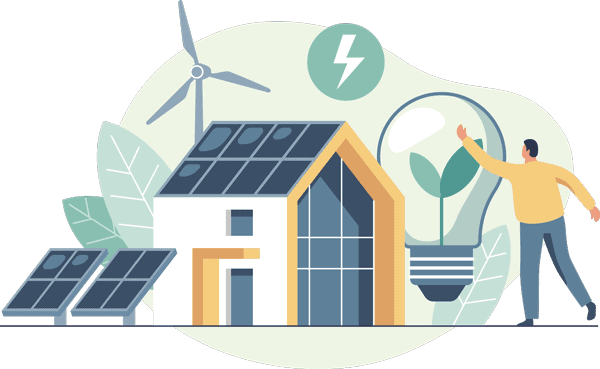
What are the advantages and disadvantages of solar panels for your home?
It is wiser to use solar energy during the day and take power from the grid at night. Luckily, your energy demand is usually higher during the day, so that you can meet most of it with solar energy.
There are a few things you need to consider regarding solar power systems.
- The electrical input. Solar panels require direct sunlight to generate electricity, so if you don’t have a lot of the sun at your home, you might not be able to generate enough power.
- Remember that solar panels can be expensive, so you’ll need to factor that into your budget.
- Despite these potential drawbacks, solar power systems have a lot of advantages. They’re clean and renewable, so they won’t contribute to pollution or deplete natural resources.
- They’re also relatively low maintenance once installed and can significantly reduce energy bills.
Home Disadvantages
Electricity Consumption Is Reduced
The most significant advantage is that you will meet some of your energy needs with the electricity your solar system has generated, and your energy bills will drop. Solar panels can also potentially increase your home’s value and are an excellent way to reduce your carbon footprint.
However, there are also some disadvantages to consider, such as the initial installation and maintenance cost and the fact that solar panels can be less reliable in cloudy or shady areas.
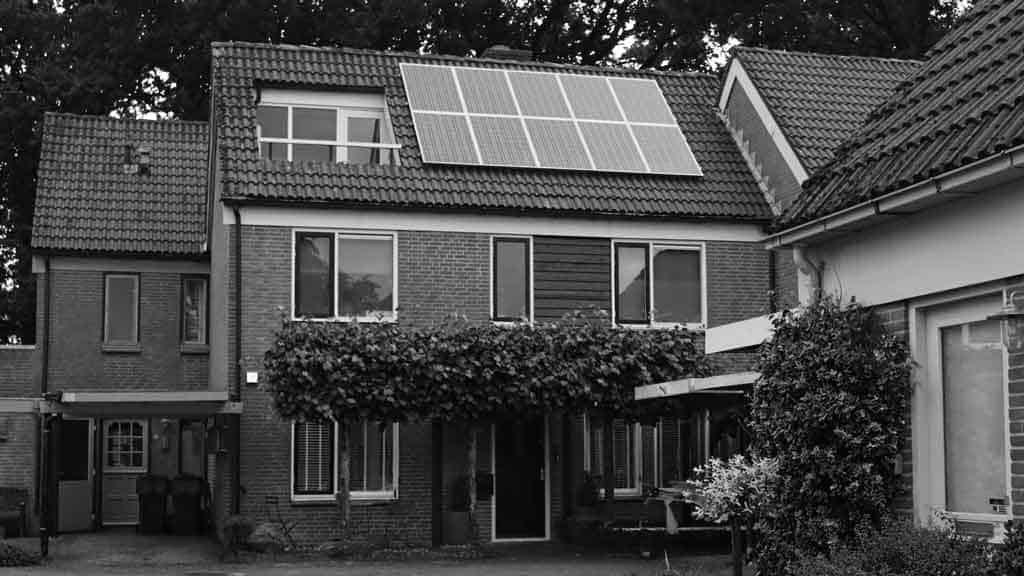
Applications Of Varying Types
It is possible to use solar energy for diverse purposes. You can generate electricity or heat water with solar panels installed in your home. They are a renewable resource, don’t produce emissions, and can save you money on utility bills.
However, there are also some disadvantages to installing solar panels: they can be expensive, they require maintenance, and they may not work well in all climates.
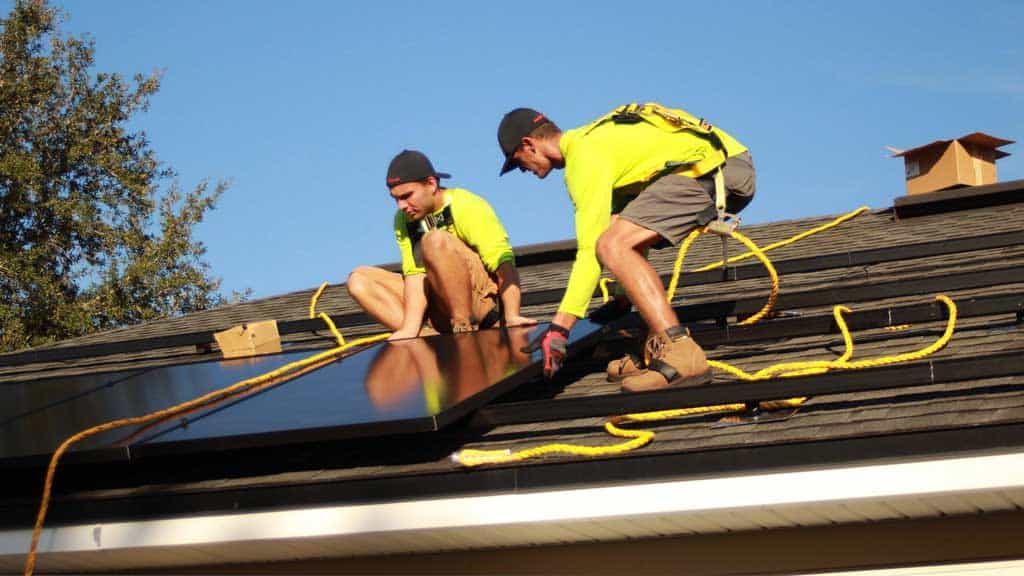
One of the most popular forms of renewable energy is solar energy. Solar panels can reduce carbon footprint and energy consumption. However, you should be aware of some disadvantages to solar panels before installing them in your home.
Easy To Maintain
Solar energy systems are a great way to save money on your electric bill and help the environment. They generally don’t require much maintenance, but keeping them relatively clean is essential. Solar panels can last for many years, but they have some disadvantages.
Solar energy is a popular topic, with many homeowners wondering if solar panels are suitable for their homes. Explore the advantages and disadvantages of solar panels for your home so you can make an informed decision.
The main advantage of solar panels is that they provide clean, renewable energy that can help reduce your carbon footprint. Solar panels also have the potential to save you money on your electric bill, as they can offset some or all of your electricity usage.
Advancement Of Technology
Solar power technology will continue to advance and improve in the future.
- Solar power is one of the most efficient and cleanest renewable energy sources available, and the technology is constantly improving.
- Installing solar panels in your home can save you money on your energy bills, but there are also some disadvantages.
- Solar power is a reliable and sustainable energy source that will only become more prevalent.

There are many advantages and disadvantages of solar panels for your home. Some benefits include that solar panels can help you save money on your electric bill, are a renewable energy source, and help reduce your carbon footprint. Some disadvantages of solar panels include that they require a lot of maintenance, can be expensive to install, and may not work well in all climates.
Disadvantages
Based On The Weather
There are advantages and disadvantages of solar panels for your home. One advantage is that solar energy can still be collected during cloudy and rainy days, although the system’s efficiency decreases.
Another advantage is that solar panels have a long lifespan and require little maintenance. A disadvantage of using solar panels is that they are expensive to install and require a lot of space.
You can save money on your energy bill and help the environment by using solar panels. However, they are dependent on sunlight to function properly. A few cloudy or rainy days can have a noticeable effect on the energy output of your solar panels.

There are some advantages and disadvantages to using solar panels for your home. The main advantage is that they can save you money on your energy bill. Solar panels can also increase the value of your home and make it more attractive to potential buyers. The main disadvantage is that they require regular maintenance and cleaning to function correctly.
There are many advantages and disadvantages of solar panels for your home that you should consider before making a decision. Some benefits include that solar energy is renewable and clean, can help reduce your carbon footprint, and can save you money on your energy bills.
However, some disadvantages include that solar panels can be expensive to purchase and install, require maintenance, and only work when the sun shines.
Saving money on your energy bill and reducing your carbon footprint are two great benefits of solar panels. However, there are some considerations you should take into account before installing solar panels for your home.
One of the main advantages of solar panels is that they are a renewable energy source. Solar panels don’t produce emissions and can help you save money on your energy bill. However, solar panels do have some disadvantages.
Solar panels can be expensive to install, and they require maintenance. Solar panels also need a sunny location to work effectively. Solar panels may not be the best option if you live in an area with lots of trees or snow.
Solar Panel Prices
If you’re considering solar panels for your home, you’re not alone. Solar energy is becoming increasingly popular to save money on electricity bills and help the environment. But before you make the switch, it’s essential to understand the advantages and disadvantages of solar panels for your home.
The initial cost of purchasing a solar system is pretty high. The price includes solar panels, inverters, batteries, wiring, and installation. However, many people view this as an investment because it will eventually save them money on their energy bills.
Solar panels can last for 20-30 years with little maintenance required so that they will pay for themselves over time. In addition, solar energy is free once you have installed the system – unlike traditional forms of energy which require ongoing costs such as fuel or electricity.
Expensive To Store Solar Energy
Solar energy is a great way to power your home, but it has to be used immediately and stored in large batteries.
- Solar energy is a great way to power your home, but it has to run right away or be kept in large batteries.
- Solar panels have many advantages, including that they’re a renewable resource and can help you save money on your electric bill.
- Solar panels also have some disadvantages, including the initial cost of installation and maintenance.
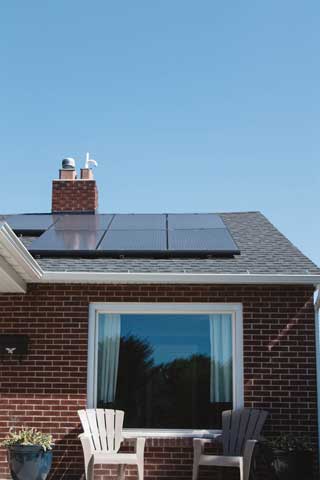
Solar panels are a renewable resource and can help to reduce your carbon footprint and reliance on fossil fuels. However, solar panels also have some disadvantages, such as the initial cost of installation and maintenance. Solar panels can also be less effective in certain climates.
Solar panels also have a long lifespan, so they will continue producing electricity for many years. The main disadvantage of solar panels is that they are expensive to install. Solar panels also require maintenance, so you must regularly clean them and check the wiring.
Despite their ability to run all day, solar panels are pretty expensive.
It uses A Lot Of Space.
The more electricity you produce, the more solar panels you need, as you want to collect as much sunlight as possible. Solar PV panels require a lot of space, and some roofs are not big enough to fit the number of solar panels you would like.
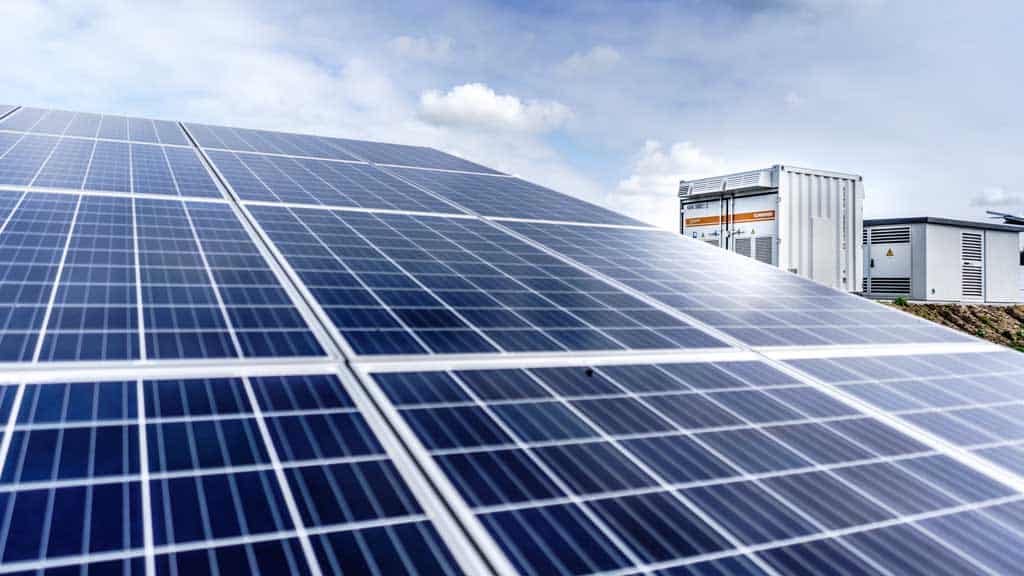
An alternative is installing some of the panels in your yard, but they need sunlight access. If you don’t have the space for all the panels you want, you can opt to install fewer to satisfy some of your energy needs still.
Associated with Pollution
Although pollution related to solar energy systems is far less than other energy sources, solar energy can cause corrosion. Transportation and installation of solar systems have correlated with the emission of greenhouse gasses.
Some toxic materials and hazardous products also occur during the manufacturing process of solar photovoltaic systems, which can indirectly affect the environment. Compared to other alternative energy sources, solar energy emits far less pollution.
How prevalent are Solar panels in generating renewable energy at home?
As more and more people are becoming interested in saving money and the environment, they are looking for ways to generate renewable energy at home. Solar panels are one of the most popular methods for doing this.
Solar panels have many advantages and disadvantages of solar panels for your home, including low maintenance and a small carbon footprint. There are also some disadvantages to using solar panels, such as the initial installation cost and the need for a sunny location.
Solar panels are a great way to save money and help the environment, but they are not suitable for everyone. Solar panels have many advantages, including saving homeowners money on their energy bills and providing a clean energy source that doesn’t produce harmful emissions.
Solar panels also have some disadvantages, such as the initial cost of installation and maintenance and the need for a sunny location. Before deciding whether or not solar panels are suitable for your home, it’s essential to weigh the advantages and disadvantages of solar panels for your home to see if they fit your needs.
Solar panels have many advantages, including being relatively easy to install and maintenance-free. Solar panels also have the advantage of being environmentally friendly because they do not produce emissions. Solar panels, however, have some disadvantages as well.
One significant disadvantage is that solar panels can be expensive to purchase. Another disadvantage is that solar panels require sunlight to generate electricity, so they will not work during a power outage.
Conclusion
Solar panels have both advantages and disadvantages of solar panels for your home. When powering your home. However, the pros seem to outweigh the cons when considering the long-term effects of solar panels.
Solar panels are a great way to save money on your energy bill and are also good for the environment if you’re considering switching to solar power. Research to determine if it’s the right choice.

